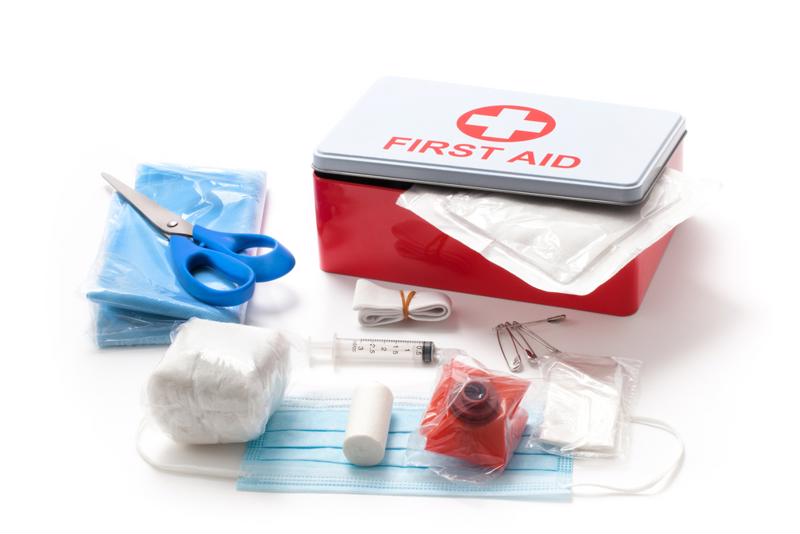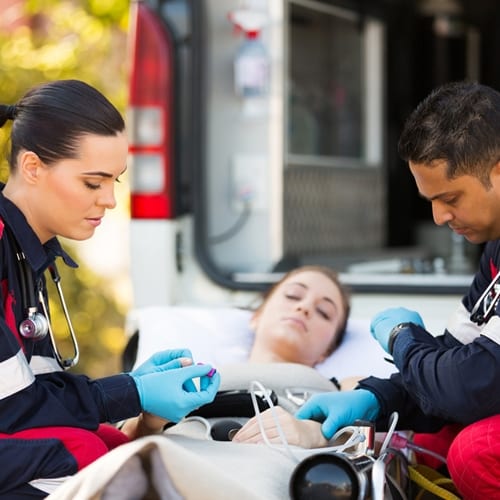A preventable onsite injury may be an especially hard blow for some commercial diving contractors. When there's a way something could have been avoided, knowing the proper behaviors could help commercial diving professionals learn from the mistakes of the past for better performance later on. It's not always just a matter of best practices, though, but also enforcement.
In a recent article for Underwater Magazine, Dr. Brian Bourgeois discussed some of the issues surrounding diving emergency responses. A key element of proper treatment, he said, is communication, especially since each situation is different. Understanding what an individual patient needs could make it easier to provide the best care, especially when so many variables may be in play.
"The treatment often will be ongoing for many hours, it may have to be repeated, and the patient might not be able to be transferred from the site," he said.
 Communication can make emergency response more effective at a site.
Communication can make emergency response more effective at a site.Here are some other ways that communication might help after an accident:
- Accurate assessments: One of the most critical tasks after a diver is hurt is to assess them and get the details straight. While a diver might not give the most accurate account if their cognition is impaired, the diver's report can be helpful nonetheless.
- A chain of evaluations: The Association of Diving Contractors International recommends setting a clearly defined set of emergency requirements. These include a series of notifications and evaluations that happen shortly after an accident takes place. With so many people potentially involved, accurate communication is key.
- Coordinate possible shutdowns: In extreme cases, a shutdown may need to occur, notes ADCI. This is another situation where proper procedures need to be followed.
Insurance for commercial diving professionals may need to be re-evaluated depending on the most prominent hazards.

